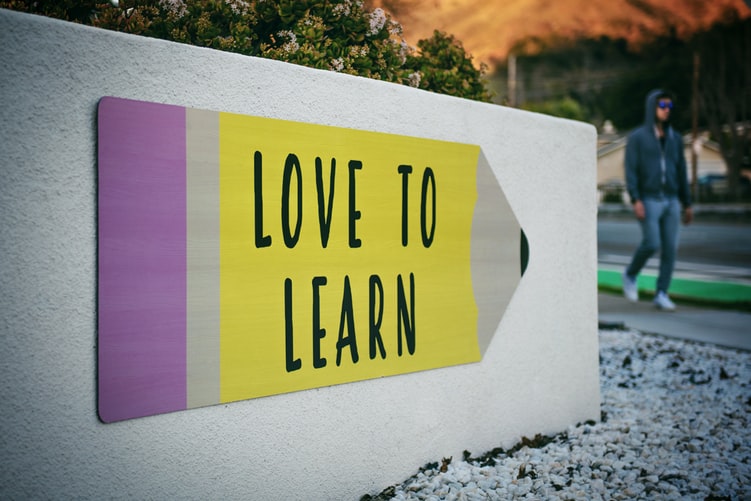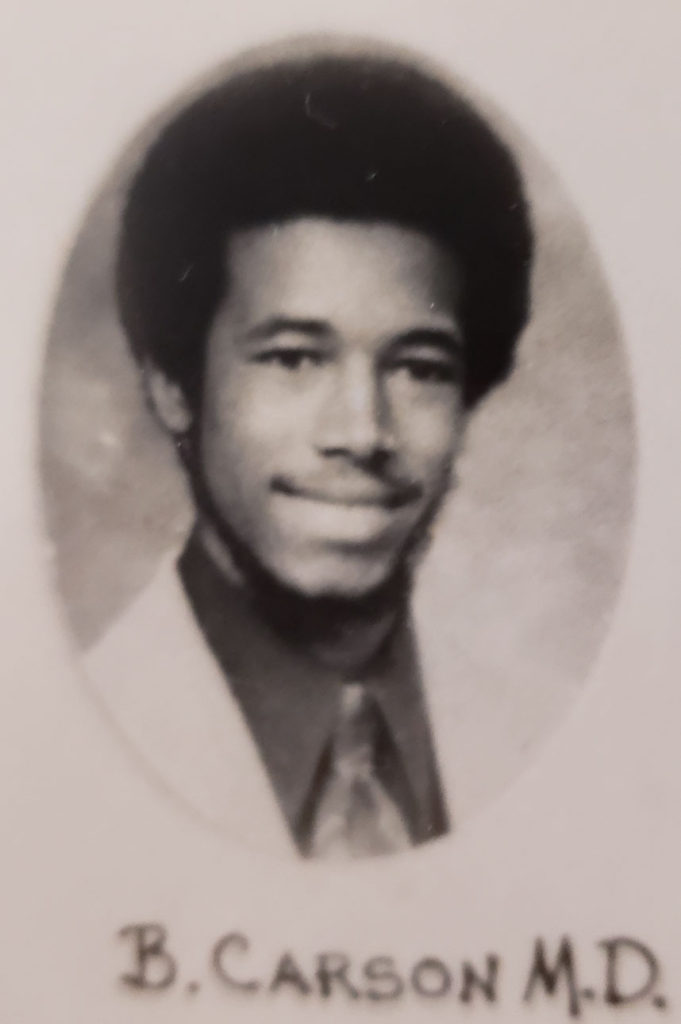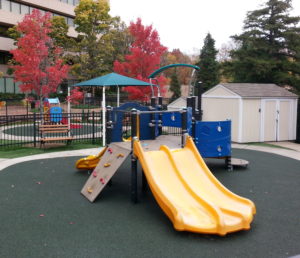The first principle of my blog is Creating Ecosystems of Success and a key focus is General Education. There are a lot of moving parts to the actual learning process. A major part is environment. Creating the optimal educational environment for students can be the key them excelling or faltering. The following contributed post is entitled, Creating the Perfect Educational Environment.
* * *

https://unsplash.com/photos/WE_Kv_ZB1l0
When you think about the classroom, everyone has pretty much the same image. There is the teacher’s desk, a whiteboard, coat hangers, and desks. All of these are important, but some might consider some more so than others.
There’s no such thing as a hierarchy of importance when it comes to education, though. Whether it’s kids venturing into academia for the first time or adults searching to improve their skills, everything matters as much as everything else. However, some things are often neglected or even downright ignored, but this is no way to create the perfect educational environment.
A Place to Sit and Think
An indisputable essential for the perfect classroom environment is having educational furniture that means students can sit and think in comfort. There are many ways to do this, from desks to tables to beanbags, but whatever it is, your students should be able to get on with their projects without discomfort.
Lousy posture can hinder productivity and affect concentration, while awkward seating arrangements make it near-impossible to fulfill potential. It’s a simple thing, but it’s also crucial to help create a positive school experience.
An Encouraging Atmosphere
You should also strive to create an encouraging atmosphere that celebrates achievements and helps pick people up when they’re down. Classrooms of the past may have chastised those for getting answers wrong, but this is something you must avoid.
From teachers to other students and parents or significant others, a culture of support is vital for ensuring everyone feels safe within the classroom, and once they get home. By creating this support network, you give everyone the chance to succeed and enjoy their time at the school.
A Willingness to Adapt
All teachers understand that sometimes things do not go to plan, so a willingness to adapt is an outstanding quality to have if you want to create the perfect educational environment. Things change, activities don’t go as planned, and all your preparation goes entirely out of the window.
It’s easy to panic when this occurs, but while you may be screaming on the inside, you’ve got to keep cool on the outside. Stay calm, and move onto the next thing if possible. It always helps to have a contingency plan just in case you encounter difficulties.
A Space Not For Learning
A space where students both old and young can embrace the creative side of education is another way to foster a superb environment. This allows them to take a break from the rigors of memorizing and critical thinking while still working on skills that are essential for real life.
You can make the space somewhere for musical instruments, painting, or even interpretive dance. It gives the students a chance to try something new and also prevents burnout from sitting down working throughout the day. Once they come back, you’ll find them more energized and ready to get back to learning.
The Perfect Place to Learn
Students should enjoy your lessons, so doing everything you can to make their time there as enjoyable as possible will only have positive effects and positive outcomes during their educational odyssey.








 One of the focuses of my blog is education, and one of my key principles is “Creating Ecosystems of Success”. As such, when appropriate I will partner with other groups and organizations with similar interests. One such organization is the non-profit Rocketship Education. The following is a brief overview of Rocketship Education provided by the organization itself, their school system and their model. The picture in this post was provided courtesy of Rocketship Education.
One of the focuses of my blog is education, and one of my key principles is “Creating Ecosystems of Success”. As such, when appropriate I will partner with other groups and organizations with similar interests. One such organization is the non-profit Rocketship Education. The following is a brief overview of Rocketship Education provided by the organization itself, their school system and their model. The picture in this post was provided courtesy of Rocketship Education.